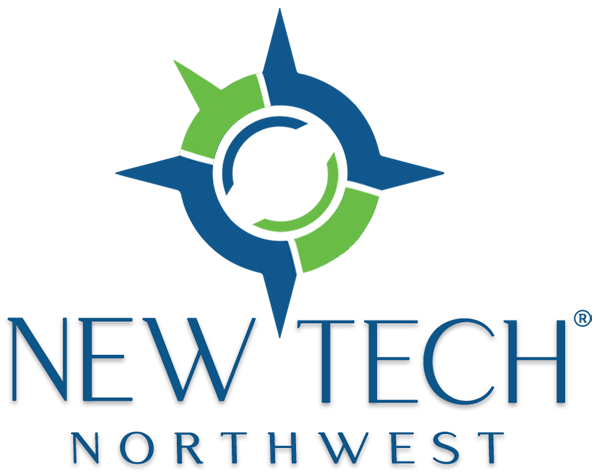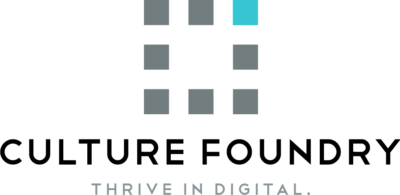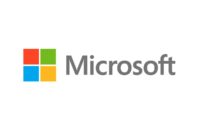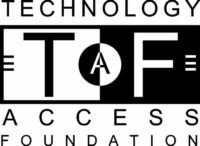 It’s a new year and a new decade. The “Roaring Twenties” if you will. The tech scene in Seattle and throughout the Pacific Northwest continues to explode thanks to the arrival of new satellite engineering offices, rapid job growth and a record year of venture capital funding for local startups. As TechCrunch noted in late December, Seattle startups are “having a moment.”
It’s a new year and a new decade. The “Roaring Twenties” if you will. The tech scene in Seattle and throughout the Pacific Northwest continues to explode thanks to the arrival of new satellite engineering offices, rapid job growth and a record year of venture capital funding for local startups. As TechCrunch noted in late December, Seattle startups are “having a moment.”
Several trends are fueling our local tech community’s growth and momentum. I wrote about two broader technology trends last year: 1) our region’s evolution from rain king to the cloud capital of the world and 2) how Seattle is leading the way in artificial intelligence (AI). In many ways, these technologies are at the heart of so much success over the past decade and what’s likely to come next. The recent acquisition of Paul Allen’s AI2 incubated Xnor.ai being acquired by Apple bodes well for Seattle’s standing as leading international city for AI development.
While the 2010s cemented Seattle’s place in the tech world as the “king of cloud,” one might reasonably predict that the 2020s may well result in Seattle becoming one of the dominant players in artificial intelligence (check back in a few weeks when I’ll sit down with Jacob Colker, managing director of the startup incubator at the Allen Institute for AI) before his March New Tech Seattle presentation.
Leveraging cloud computing and AI, several industry sectors are likely to see continued growth and success in 2020. I hope to highlight each of these in more detail throughout the year, but here are a few other sectors to watch:
- Financial / Fintech – The GeekWire Startup List of approximately 1,350 Pacific Northwest startups, identifies 43 companies in the finance space. The online and mobile payment service, Remitly, which provides international money transfers, leads the way thanks to a $135 million funding round last year that moved the company closer to ‘unicorn’ status. Other startups, like Snap! Raise, empower schools, sports teams and other organizations with the tools needed to fundraise for their cause. Seattle-based doxo, on the other hand, offers an all-in-one bill pay service, providing an easy way for users to pay their bills with a single account. Lastly, the BECU Fintech Incubator at the University of Washington’s CoMotion Labs is fostering startups that explore how technology can improve financial activities and has already spun out several new companies.
- Healthcare / Healthtech – Digital health or healthcare technology is a fast-growing industry vertical within the healthcare industry, which accounts for nearly 18% of the U.S. gross domestic product. The GeekWire Startup List includes 82 health and life sciences companies. One of the region’s biggest players, Accolade, a personalized healthcare and benefits experience for employees, appears positioned to go public this year. Similarly, Limeade, an employee experience platform that unifies well-being, engagement and inclusion solutions, went public on the Australian Securities Exchange in December. Other growing startups in this space include Edifecs, a healthcare data company seeking to improve outcomes, reduce costs and accelerate innovation, and MedBridge, which develops evidence-based solutions for healthcare professionals and organizations using technology and education.
- Real Estate / Proptech – Home to online real estate giants Zillow and Redfin, it’s no surprise that the Seattle area is becoming a growing hub for real estate and property technology startups. Years before Redfin or Zillow, there was com. Launched in 1995 – the same year as Amazon.com (and a few years before the cult classic movie of the same name) – it became the Internet’s first online marketplace for commercial real estate property information. Today, the GeekWire Startup List count 35 companies in this category. Flyhomes, which raised $141 million in equity and debt funding last year, is an end-to-end real estate brokerage and technology company that empowers home buyers, sellers and agents. Others, like CityBldr, are focused on determining the highest and best use of urban lands and then connecting buyers and sellers of underutilized properties. On the rental side of the spectrum, Knock’s CRM platform is designed to help landlords build better relationships with residents and prospects.
- Education / Edtech – The last sector that I find particularly interesting is the education technology space. The Pacific Northwest features a surprising 50 education-focused companies on the GeekWire Startup List. DreamBox Learning, for example, provides personalized learning experiences that guides and engages students through a combination of rigorous K-8 math curriculum and a motivating learning environment. CreativeLive, with dual headquarters in Seattle and San Francisco, is transforming continuing education with its live, online classroom for creative entrepreneurs. Up north, Bellingham-based Faithlife, which started in 1992, publishes and creates digital content and electronic tools for Bible study. Lastly, Seattle is also home to a number of coding education startups such as Coding Dojo, Educative and Data Science Dojo.
So, there you have it. It will be interesting to watch how these four verticals progress in 2020 and also to see what other sectors might emerge in the coming year. I realize this is just scratching the surface as there are a number of interesting sectors emerging here as well, including blockchain, internet-of-things, logistics, AR/VR and more. I look forward to highlighting these industries in the months ahead!























